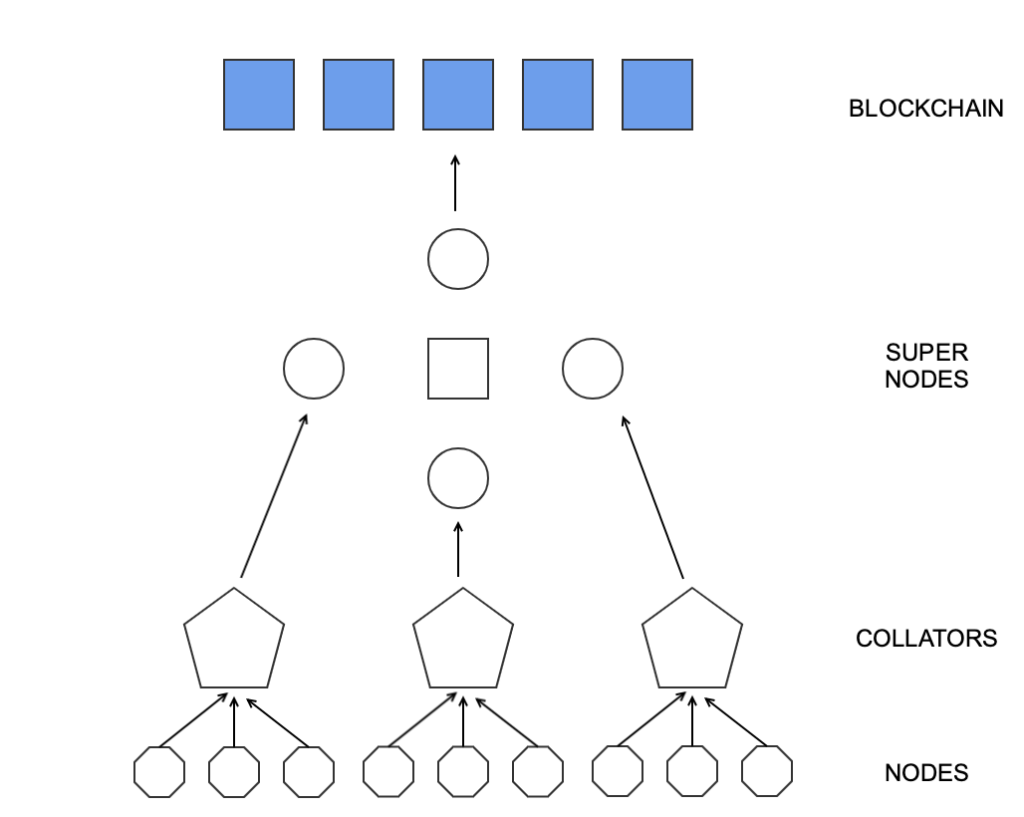Now that the Constantinople has been finally released it is time to start looking at the next major release in the Ethereum blockchain codenamed Serenity.
Serenity is intended to include a series of updates that will lead to a more efficient, faster and scalable Ethereum.
This release will include the following three major updates:
- Sharding
- Proof of Stake / Beacon Chain
- eWasm
In this blog post I will cover the first of the three main updates, Sharding.
Currently the ethereum blockchain can handle around 15 transactions per second as opposed to Visa which handles an average of 1700 transactions per second.
Why is Ethereum so slow ? Ethereum is slow due to its architecture. Each transaction sent over the network has to be processed by all the nodes. This means the more nodes are added to the system the slower the system becomes. As more time will be required for all the nodes to validate the transaction.
To solve this problem Sharding will be introduced as part of the architecture. Sharding breaks down the network into smaller groups/shards.
Transactions are processed into a small number of nodes which means that transaction speed will drastically increase.
Transaction speed is increased but how is the blockchain kept secure. To validate the consistency of the blockchain if the transaction is only validated by a small portion of the network.
This is done through Collators. In each shard we have nodes that are assigned as Collators. Collators aggregate information about the transactions and the state of the shard.
Apart from Collators we have Super nodes which receive the information from all the Collators within the network.The super nodes store the aggregated transactions and state of the blockchain from all the Collators.
In the event that the transaction inside a shard needs to be transmitted to another shard. The Super nodes communicate with each other to update their status.

Sharding provides a very simple approach to solve scalability issues however it is important to note given that we have reduced the size of the nodes it makes the network less secure. As the smaller nodes can be vulnerable to a 51 % attack. In order to solve this security issue sharding will be released with the switch to Proof of Stake.
Hope you liked this article. Feel free to add me on Linkedin here or contact me on email on [email protected].


